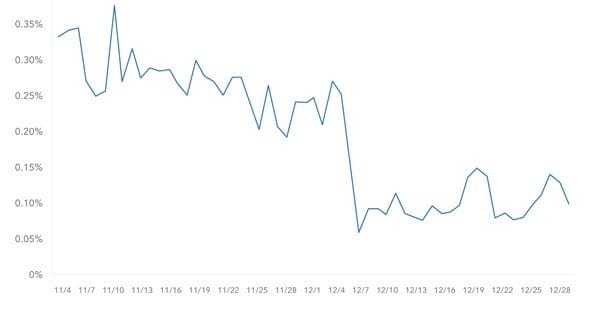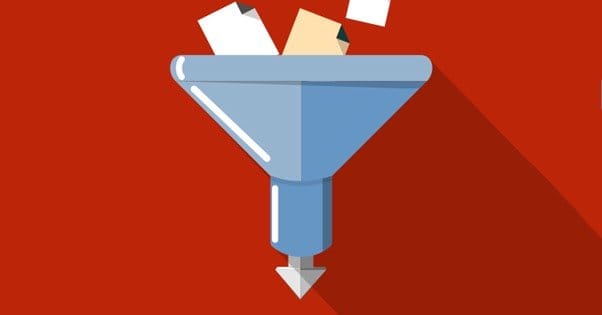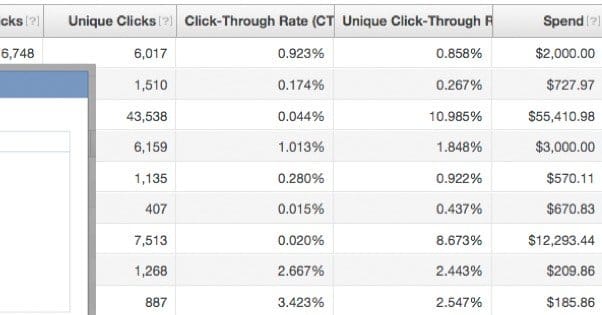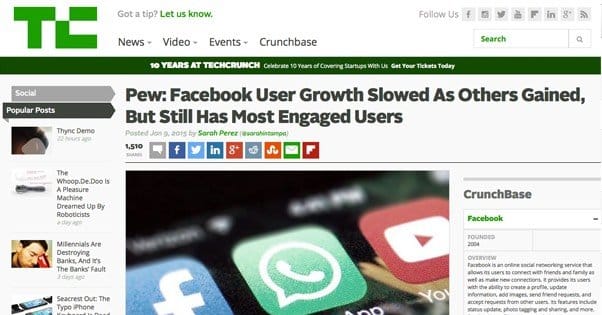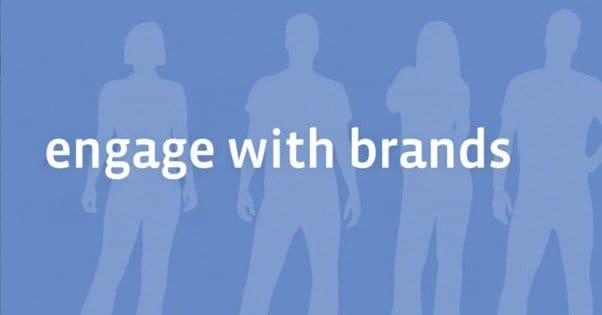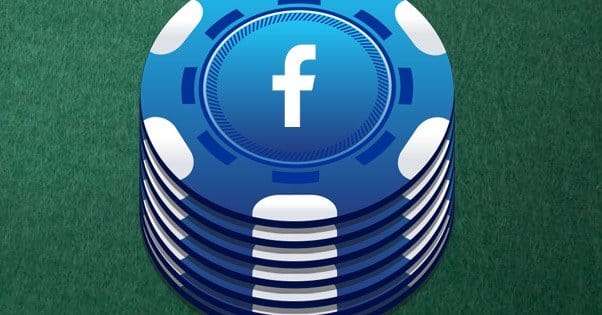 Written by ContentPowered.com
Written by ContentPowered.com
Every year, it seems like there are a hundred prominent marketers around who post about the imminent demise of Facebook marketing. Every time there’s a major algorithm update, they post about how much it’s going to hurt businesses. Every time Facebook makes a change, it’s the Death of Facebook Forever. Every time there’s a study about the declining population – which isn’t really declining – it may as well be the end times.
Is Facebook marketing dead? Is it dying? Is it even on the verge of dying? Let’s take a look at what makes people think Facebook is on its way out.
Declining Reach
This one is easy to measure, it’s clearly acknowledged by Facebook themselves, and it’s incontrovertibly true. Reach on organic posts is, on average, going down. This applies both to organic reach and paid reach, by the way, though organic reach is usually the focus.
Why, though, is reach going down. The primary reason is competition. There’s an often-cited statistic that the average Facebook user would see around 1,500 posts per day in an uncurated feed. With a curated feed, they instead see more like 300. However, this statistic is a year old. People are posting more often in an attempt to get more reach, and it’s having the opposite effect. Now, I’d estimate the average user would see closer to 2,000 posts if their feed wasn’t filtered.
In many ways, the struggle to get more reach is what’s causing reach to drop. Brands are posting 3, 4, 5 times a day, sometimes even more. I’ve seen some pages post upwards of 10 times per day. This kind of press of content is detrimental to using the site as a whole. For one thing, Facebook specifically makes it impossible for a user to see more than one post by the same person, brand or entity in a row. Posting three times in an hour just means two of your posts are guaranteed to have lower reach. Realistically, all three drop.
Demoted Promotional Posts
Posts with overly promotional language are being demoted, according to Facebook themselves. This change is made to further segregate marketing language with organic posting. Facebook prefers that you keep your advertising to the actual ad channels, and use your organic feed as a way to foster a community. This isn’t a bad change, by any means, but it means that it’s harder to get your message out for free.
How does this hinder Facebook marketing in 2015? I’d venture to say it doesn’t. If you look at the link, Jon Loomer gives a good explanation of what precisely counts as promotional language. I can tell you right now that if you were posting like that before the change, you were already hurting yourself. Users don’t like that kind of posting; the official change just makes it a harsher penalty than just a loss of organic attention.
Rising Costs
Did you know that the cost of running ads on Facebook is going up, in addition to all of the other controversy surrounding running ads as a replacement for organic reach? It’s true. Prices are going up year after year.
The reason for this, as far as I can tell, is the same basic cause as the decline in organic reach. People are posting more, so there’s less attention to go around, to everyone’s reach goes down. Organic reach goes down, so businesses turn to ads in order to replace it with paid reach. Paid reach prices go up, because more businesses are bidding to run ads to the same audiences. These audiences who, already, are having trouble viewing everything due to the limited nature of the feed and how many other entities are posting.
Slowing Growth
Here’s another thing. Anyone remember that study conducted by some university about how Facebook only has a few more years left to live? The theory is that young people are the lifeblood of a site. When young people disappear, the foundation for a site goes with them. Businesses follow young people, because those are the people buying their products, and then everyone else trickles in. Young people, they claim, are leaving Facebook in droves.
The problems here are two-fold. First, Facebook isn’t dying. Their growth is slowing, sure, but that tends to happen when your site has one sixth of the entire population of the world on it. Second, with the financial crisis, the high cost of education and the terrible job market, businesses aren’t all that likely to follow young people because young people are super poor.
Facebook’s growth is slowing. This is a fact. The thing is, it’s still growing. It’s just growing slower than it used to be.
Hard to Measure Engagement
I want to make a comparison here about how engagement rates may be dropping, but it’s hard to find any concrete data over the last few years. The problem, of course, comes from how different people at different times have changed their definition of engagement rates. It’s like comparing two distances, one in miles and one in kilometers, without a conversion formula.
Engagement rates are low on Facebook, but they’re still better on Facebook than they are just about anywhere else. Twitter has better rates for some industries, but not for others. Instagram has huge engagement rates, but they also have niche content that not all businesses can utilize. Facebook is the king of general interest engagement.
Pay to Win
The biggest gripe with Facebook is just that it’s harder to get attention without paying for it. Then again, that’s true everywhere else on the Internet. You want people on your blog? Hope you’re ready to buy some PPC. Facebook was a nirvana of free advertising for a while, but those days are gone, and we have a new paradigm to follow.
Still the Best Option
Here’s the thing; Facebook is still the best option for marketing. You have access to an insane number of people. No other site online can boast as many users as Facebook. No ad platform has as much targeting and as much access as Facebook. It’s simply the best platform available until such time as something better comes along, the MySpace killer for Facebook. That hasn’t happened yet, and I think we still have a number of years before it does.
